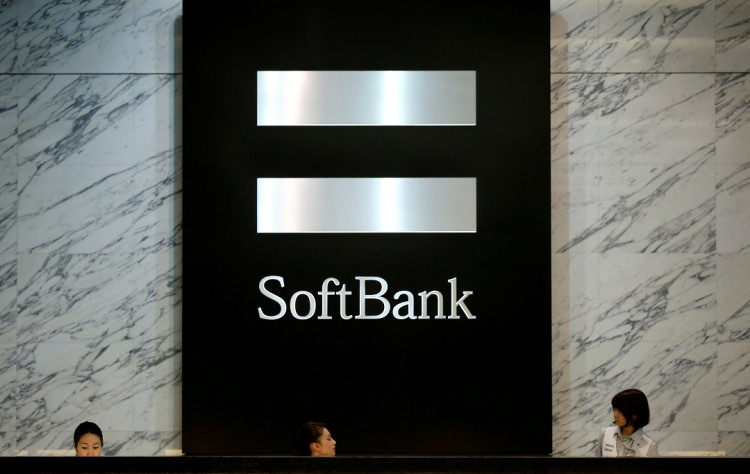Softbank Group's huge investments into tech have apparently paid off with the company reporting billions of dollars in profits for its fiscal first quarter.
The Japanese conglomerate holding company reported on Wednesday that it had managed to rake in profits that were nearly four times as much as it had earned in the same period last year.
The Tokyo-based firm revealed that it was able to earn $10.6 billion in profits for its fiscal first quarter. This was a big jump from the profits it had made during the same period last year, which stood at around $2.95 billion.
The company stated that most of the increased profits had come from its fund investments, which were made mostly towards tech startups. The company's April to June profits marked the best quarter for the Japanese firm in over 15 years.
The company's profits were also greatly boosted by the recent sell-off of the company's stake in Chinese e-commerce giant Alibaba Group Holding. Unfortunately, earnings were somewhat dragged by the US telecommunications carrier Sprint. Softbank currently owns a controlling stake in the US firm. Softbank did clarify that Sprint will soon be merging with T-Mobile, which means that it will soon no longer be its subsidiary. The pending sale of the company's US wireless unit is expected to greatly contribute to the company's profits in the coming quarters.
Softbank previously launched its $100 billion Vision Fund, which heavily invested in dozens of tech startups around the world. Some of the more notable investments that were made by the fund included huge stakes in companies such as ride-hailing firm Uber, online messaging service Slack, delivery business DoorDash, and office-sharing firm WeWork. As of June, Softbank's Vision Fund has invested in a total of 81 different companies.
With the success of its investment fund, Softbank is reportedly planning to launch yet another similar project. The new fund, which will reportedly have around $108 billion in new capital, will be aptly named the Vision Fund 2.
Softbank will reportedly be contributing close to $38 billion of its own money into the new fund. The rest of the funds will be gathered from other investors.
Some of the investors who have already reportedly signed on to the new fund include Apple, Microsoft, and Foxconn. Unlike the first fund, which focused mainly on "unicorn" companies or companies that have a valuation of at least $1 billion, the new fund will apparently be focusing on newer technologies such as artificial intelligence.





